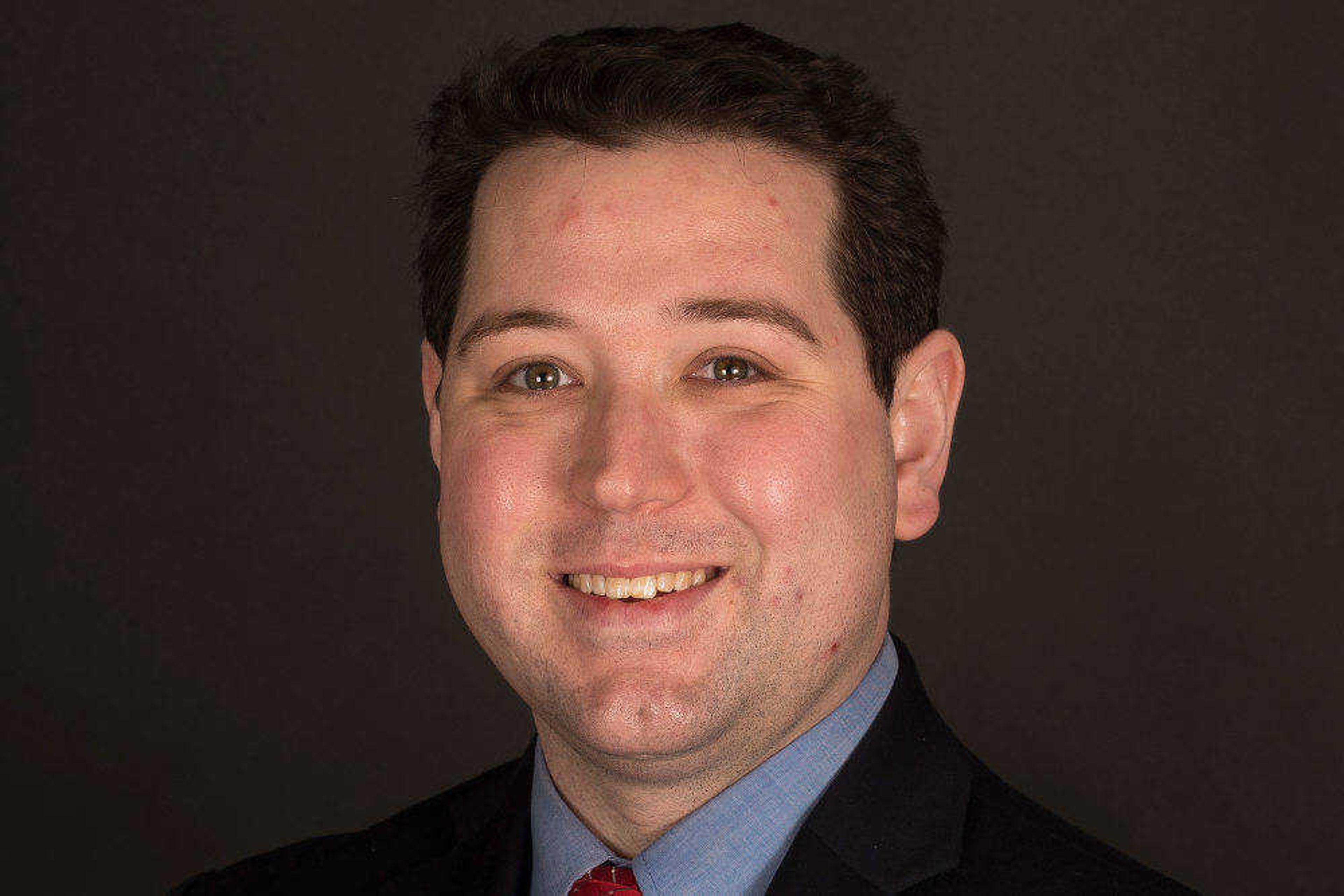Smith says $1.9 trillion spending bill a blue state bailout
Hours following the House vote that sent a $1.9 trillion spending bill to President Joe Biden's desk, U.S. Rep. Jason Smith was primed to issue his opposition on what he called the "wrong plan at the wrong time for all the wrong reasons." "First off, it's not a COVID relief bill. ...
Hours following the House vote that sent a $1.9 trillion spending bill to President Joe Biden's desk, U.S. Rep. Jason Smith was primed to issue his opposition on what he called the "wrong plan at the wrong time for all the wrong reasons."
"First off, it's not a COVID relief bill. Let's just set that straight," Smith told me in a 20-minute phone interview. "They're trying to say that it is, but less than 9% of the $1.9 trillion in this package actually go towards crushing the virus and putting shots in people's arms."
Smith touted the five previous COVID relief packages as more focused and bipartisan efforts.
"And we could have passed the sixth one. If it was about health care spending to crush the virus and checks to help working class Americans who needed it, we could absolutely pass that in a bipartisan approach. But if you look at this bill, if you take out the checks, the stimulus checks, almost half of the money will not be spent until the year '22 or later."
Regarding the $130 billion earmarked for K-12 schools, Smith said less than 5% will be spent this year. The remaining will be used over the next 10 years. He added that over a trillion dollars in appropriated but unspent federal funds from previous COVID relief bills remains. "So why the need for another nearly $2 trillion? And the White House has refused to answer that. That's unacceptable."
Smith said all six COVID packages combined total nearly $6 trillion -- the most recent version accounting for nearly a third of the spending. "That's more than the GDP of every country in the world, except for China and the United States. It's unsustainable."
It's a blue state bailout, Smith said, noting congressional Democrats changed the formula for how funds would be allocated to states in a way that effectively rewards liberal allies and punishes conservative states. Missouri, Smith pointed out, will lose $820 million under the new formula while California and New York will see an increase of $5.4 billion and $2.1 billion respectively.
Smith is the ranking member of the House Budget Committee. He and the other Republican leaders of the committee had one phone call with the White House to discuss areas where they could work together such as targeted spending for vaccine distribution and production, appropriate equipment and funding for rural and urban hospitals, and targeted stimulus checks. The White House, Smith said, never came back with an alternative.
"We offered amendments to make sure that prisoners don't get these stimulus checks. And the Democrats voted it down. We offered amendments to make sure that illegal immigrants don't get stimulus checks, and the Democrats voted it down."
The congressman pointed to $12 billion in the package that goes to foreign aid, $135 million to the National Endowment of the Arts, and draconian cuts to Medicare.
Because of PAYGO, a 2010 statutory provision requiring tax cuts or mandatory spending increases to be offset, Medicare stands to be cut $36 billion per year for the next 10 years unless Congress offers a fix. In Missouri this translates to an $8.3 billion cut over 10 years, Smith said.
"It's going have a multiplier effect, because it'll be reduced premiums that those doctors will get paid through Medicare. It could be less providers and less quality of service. Medicare, as we know, is not funded the best. And the best thing that you do is start cutting it out? That's unacceptable. And I'm sure that they will try now to move ahead and probably try to fix this. But then what will they cut from that?"
Smith cited a recent Congressional Budget Office projection that showed by the year 2050, U.S. national debt will reach $134 trillion.
"These people just think that you can just print more money all the time. Republicans have had problems spending money, and I have not always went with our party. ... But this is just unnecessary."
It's also the first time in four decades the Hyde Amendment, a mechanism that prevents taxpayer dollars from going toward abortions, has been left out.
Parallels have been drawn between this spending package and the 2009 economic stimulus. The Obama administration's $787 billion package helped start the Tea Party movement which gave Republicans mid-term victories in 2010. A similar story may be written next year if this reckless spending continues and the GOP holds firm to their fiscally conservative principles.
Lucas Presson is assistant publisher of the Southeast Missourian.
Connect with the Southeast Missourian Newsroom:
For corrections to this story or other insights for the editor, click here. To submit a letter to the editor, click here. To learn about the Southeast Missourian’s AI Policy, click here.











